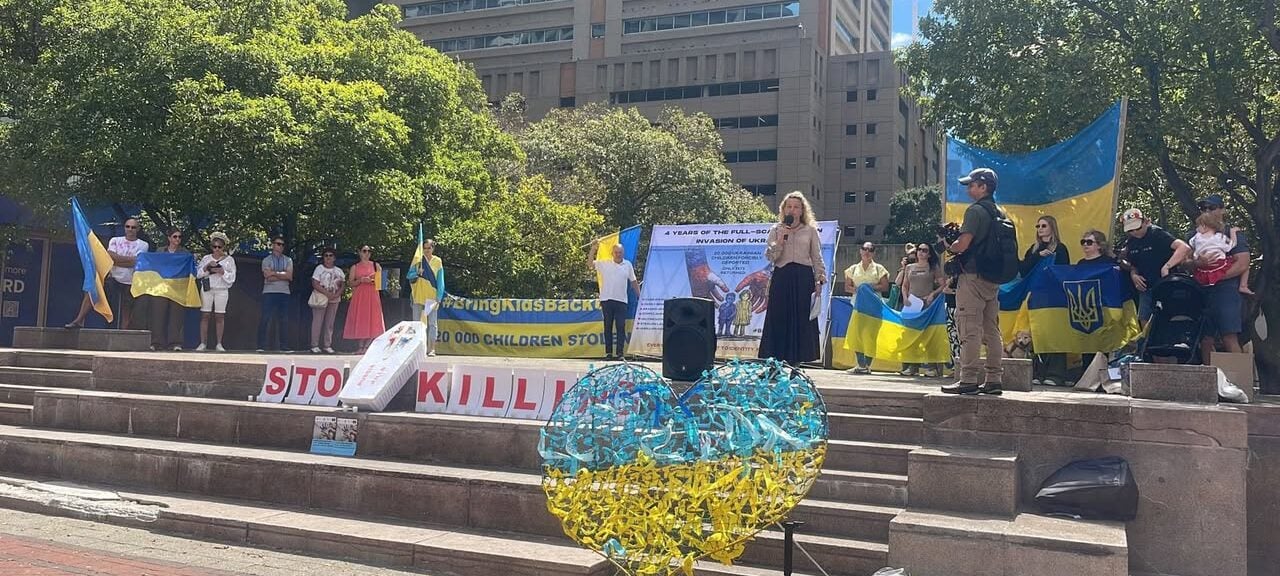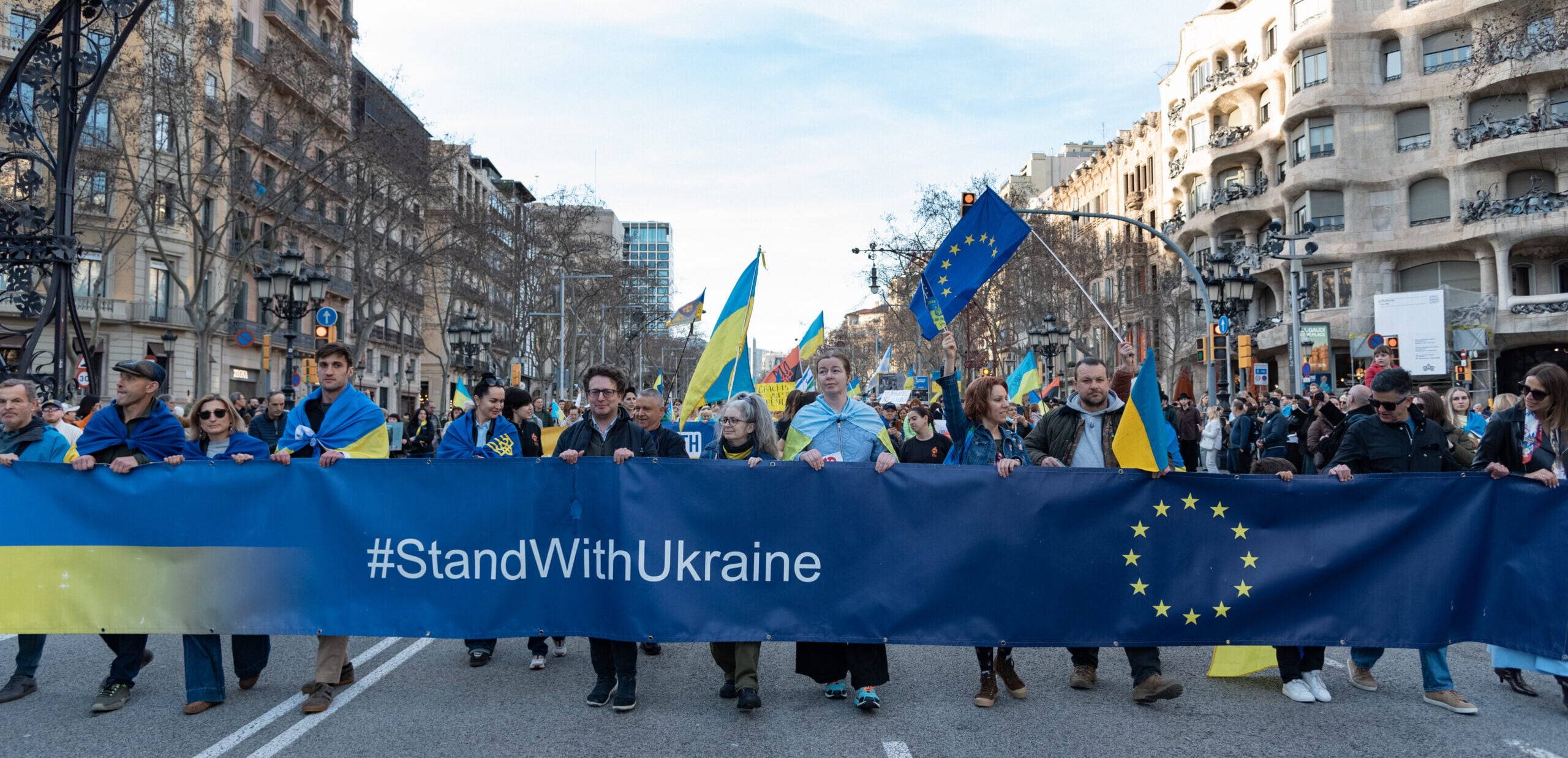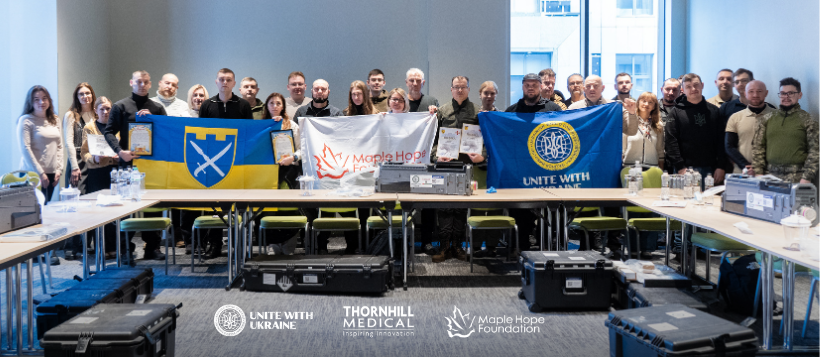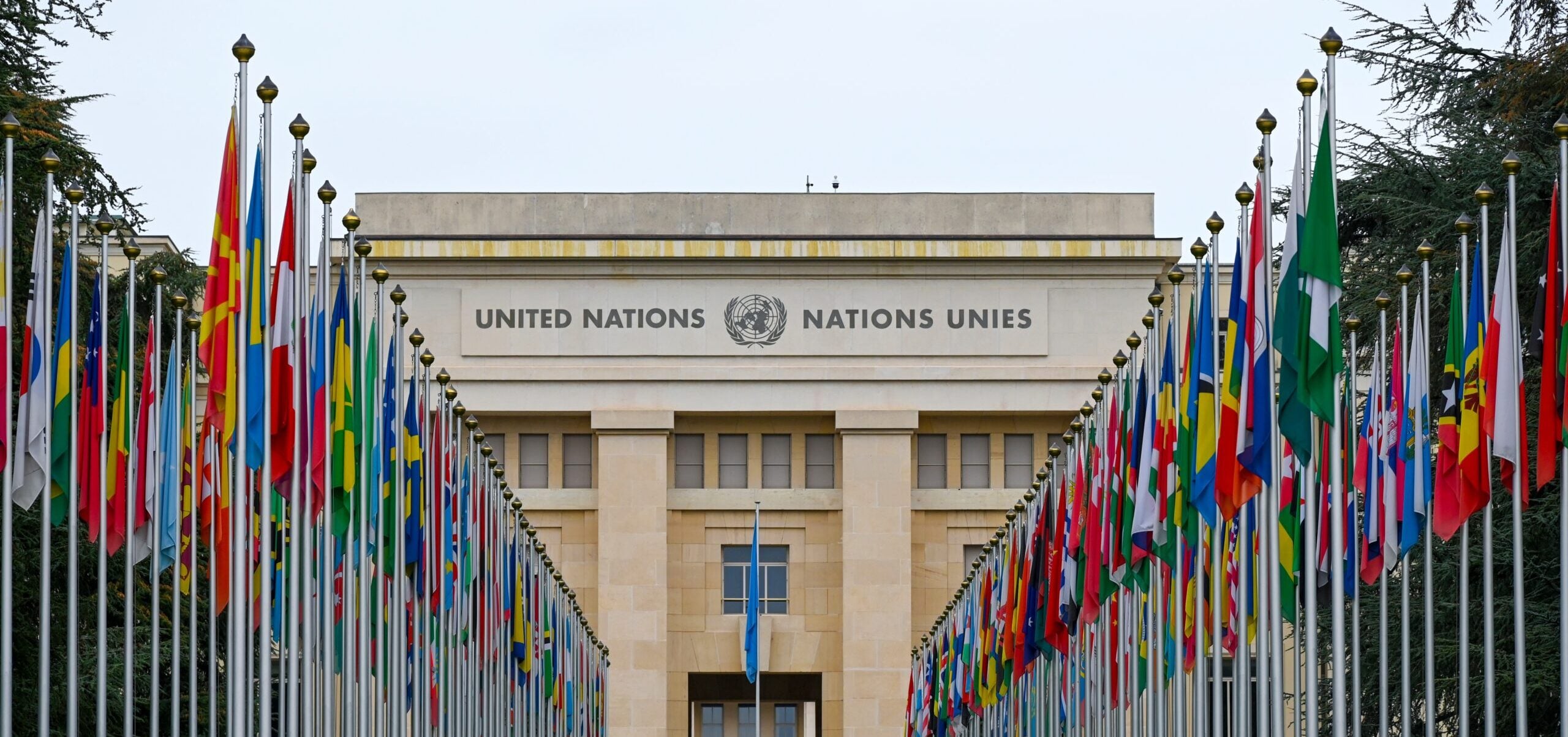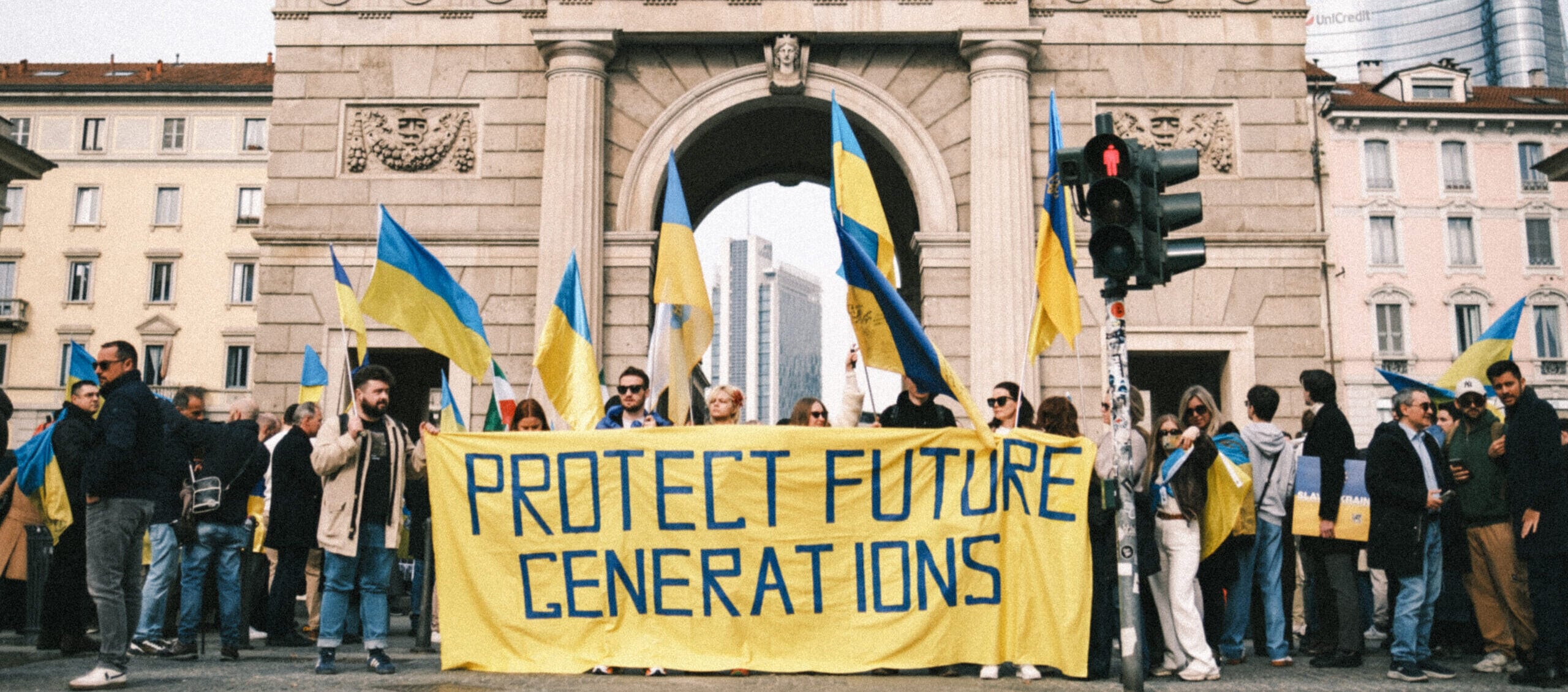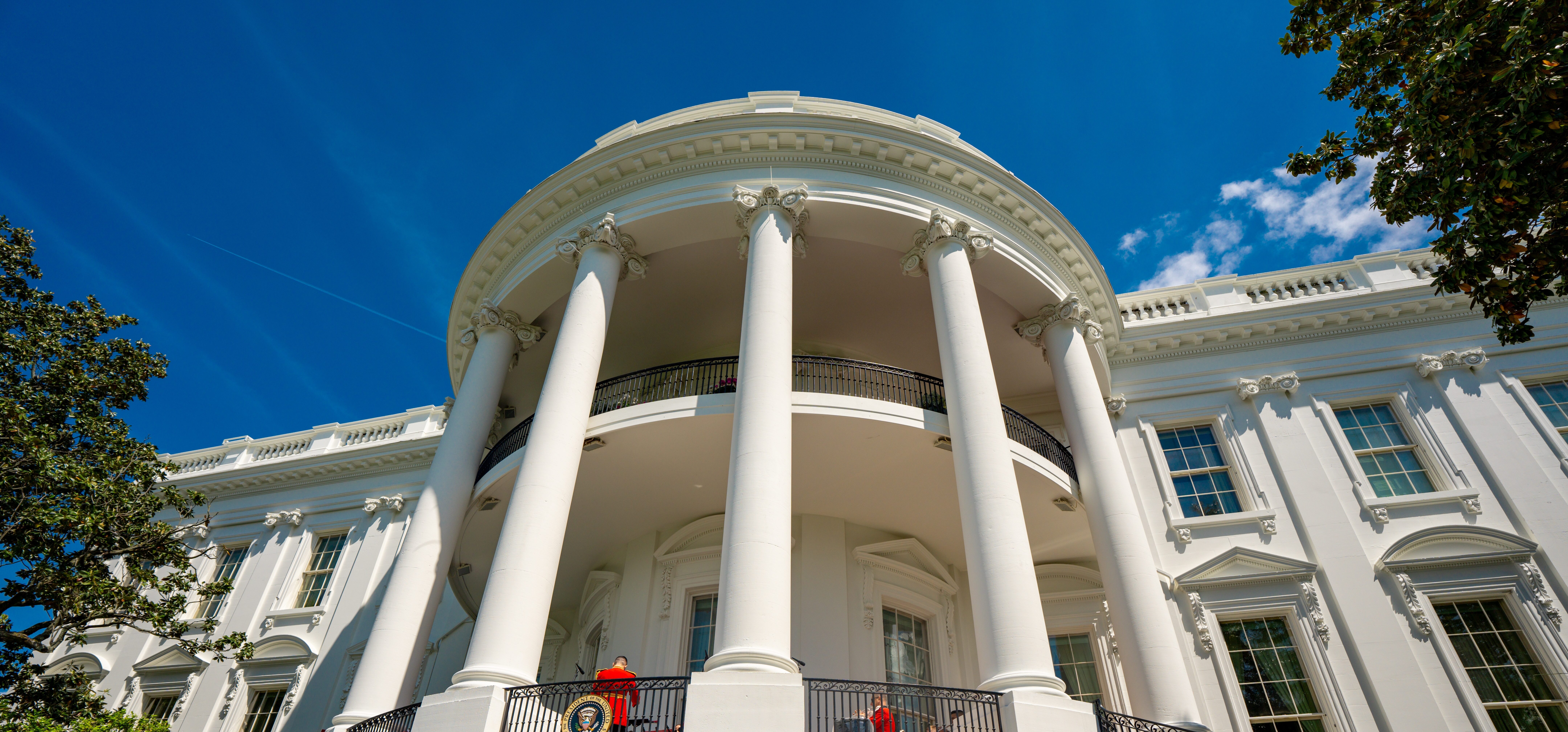

by Timothy Snyder, a distinguished American historian, an expert on Central and Eastern Europe, the Soviet Union, and the Holocaust
Source: Snyder on Substack
The history of diplomacy is full of strangeness. Touch the surface of the dusty books and peculiar characters spring forth to demand that their tales be heard. And yet the American diplomacy of the past few days, I believe, will stand out as something peculiarly gruesome — not simply incompetent, but openly courting national and global catastrophe.
A document suddenly appeared a few days ago under the inapplicable (and too-often repeated) heading of “peace plan” regarding the Russo-Ukrainian war. It would be more accurately described as a plan to intensify the war to the profit of a few Russians and Americans. It seems to have produced entirely or mostly by Russians, and then leaked by a Russian negotiator to an American outlet. It was then claimed by a fraction within the White House, endorsed (sight unseen) by the president of the United States, who insisted (at least at first) that Ukraine had to accept it.
Since then there have been many denials, denials of denials, and obfuscations. The scandal will perhaps clarify problems of process in Washington. It is not that we — America — are trying to sell out Ukraine. American public opinion is favorable to Ukraine. Republican voters support Ukraine. A majority in Congress supports Ukraine. It is rather that a few Russians and a few Americans have the ability to define as a “peace plan” what is essentially the furtherance of personal economic interests combined with a strengthening of Russia’s capacity for warfighting and a weakening of Ukraine’s. Along the way, it contradicts every major principle of international law and furthers a world dominated by China and its Russian ally.
This suggests the absence of American statecraft.
It looks a lot like that Russians are seeking to bribe Americans to allow Russia to win a war it would otherwise lose. Having allowed Russians in this instance to design our policy, we then rely on our European and Ukrainian allies to serve as a check on us. We (or rather some powerful Americans) scold them for doing what they have to do, not only in their own interests but in ours and in the interest of avoiding general disaster. A
So much for procedure.
This document that begins in a Russian unreality. Rather than summarizing what has actually happened, a Russian invasion of Ukraine, the authors work instead to communicate the implicit premises that the war was caused by the West, and that Ukraine is not in fact a real country. Its total silence on the basic facts of the Russian invasion leads to the conclusion that Russia should be celebrated and rewarded — as should specific American individuals.
In this text, there is no history, except that of Russian grievance. There is no law, except that as might be invoked to enable commercial transactions that enrich Russians (and a few Americans). There is no war itself. There is no discussion of anything that Russia would do to end its invasion. A purported peace plan applies itself at no point to the invader or the invader’s actions. By removing the war itself from consideration, Russians can claim huge gains while continuing to fight for yet more — against a Ukraine that is weakened by the “peace plan.”
While everything is demanded of Ukraine, nothing is asked of Russia. This is a capitulation document written by the aggressor and served to the victim, at a time when the aggressor is not doing well on the battlefield. Indeed, it is only through a document such s this one, harnessing the power of the United States for Russian purposes, that Russia could possibly achieve its own announced purposes. By leaping right to the idea that Russia should be rewarded rather than punished, the document executes a very typical Russian maneuver: crime for Russians without punishment, and punishment for others without crime.
One way to criticize the text is to imagine that it is intended as a peace settlement and then note some shortcomings. But this is to normalize a document that obviously has other purposes than peace: namely, imperialism and profiteering. The fundamental problem of this text is its deliberate and characteristically Russian unreality. The text begins from the world as it is not. It acts to make the United States and Europe and Ukraine much weaker by drawing them to endorse things that are not true and forgetting things that are true. This is how Russian diplomacy works. It lulls you to a mental realm in which you then do harm to your own interests without seeing the alternatives.
Cover: Shutterstock


